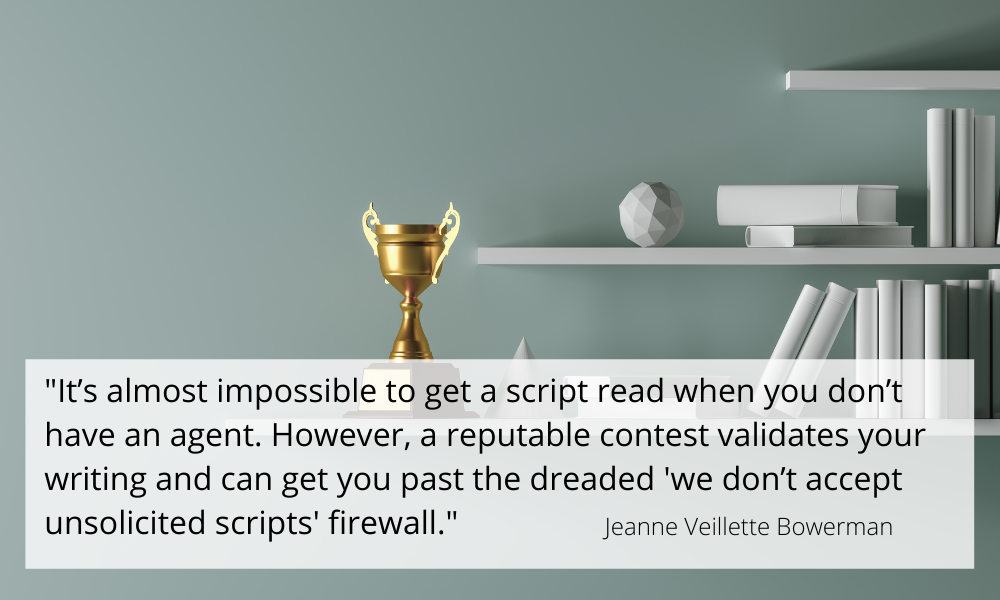Book-To-Film Adaptation Tips
Douglas Preston, who frequently collaborates with Lincoln Child (they’ve penned 11 novels together and are best known for their Agent Pendergast series), recently shared his thoughts on adaptations, specifically the 1997 movie adaptation of their first Pendergast novel, Relic. By John Folsom
Douglas Preston, who frequently collaborates with Lincoln Child (they've penned 11 novels together and are best known for their Agent Pendergast series), recently shared his thoughts on adaptations, specifically the 1997 movie adaptation of their first Pendergast novel, Relic.
Many of your novels have a cinematic quality about them. When you and Lincoln Child conceive a novel, do you ever imagine it becoming a movie?
We rarely, if ever, discuss ahead of time the cinematic aspects of a novel we’re writing. Fiction and film are different: Novels written for the movies are often lousy works of fiction, just as movies that slavishly adhere to the written word are often lousy movies. But when I write, I pre-visualize every scene down to the last detail, which may give my writing a cinematic quality.
Did either of you consider writing the screenplay for Relic?
Neither Linc nor I had any experience writing screenplays, nor did we have the desire. Writing a screenplay of a novel we’d already written would be boring—like writing the novel over again.
Did you want control over the script, including final draft approval?
We knew we weren’t in any position to ask for total control, so we didn’t bother. We figured the people at Paramount were professionals, that they knew more about the business of turning a book into film than we did. We were busy writing our next novel.
I believe in trusting the screenwriter. It’s hard enough to expect a creative person to transform another writer’s work without the writer breathing down his neck. The problem in Hollywood is that too many people are constantly breathing down the writer’s neck. It’s dispiriting and it produces cynicism, both of which are fatal enemies to creativity. I'm always shocked at the cynicism when I talk to Hollywood screenwriters. How do they ever write anything good? You have to have an insane, unreasonable and naive belief in what you're writing for it to be any good.
At one point, four different screenwriters came onto the project. How much of that work did you or Lincoln see?
We saw each major draft of the script. Their work was pretty good, for the most part. I began to realize how difficult it is for a creative person, such as a screenwriter, to take someone else’s work and transform it into an exciting, vibrant work in a different medium. Creativity isn’t about money—you can’t buy it or order it up on demand.
How do you think the final film of Relic turned out?
I have mixed feelings. The sets were fabulous. The movie was crushingly dark. I know this was a deliberate choice to build a sense of claustrophobia and terror, but after a while, it became irritating. And visually exhausting. It shortchanged the spectacular sets. It was a fatal mistake to cut Pendergast from the final script. On the other hand, there were many good things about the film; the score was excellent, the effects superb. It was fast-paced and well acted. The monster was well conceived and the finale perhaps even better than in our novel.








